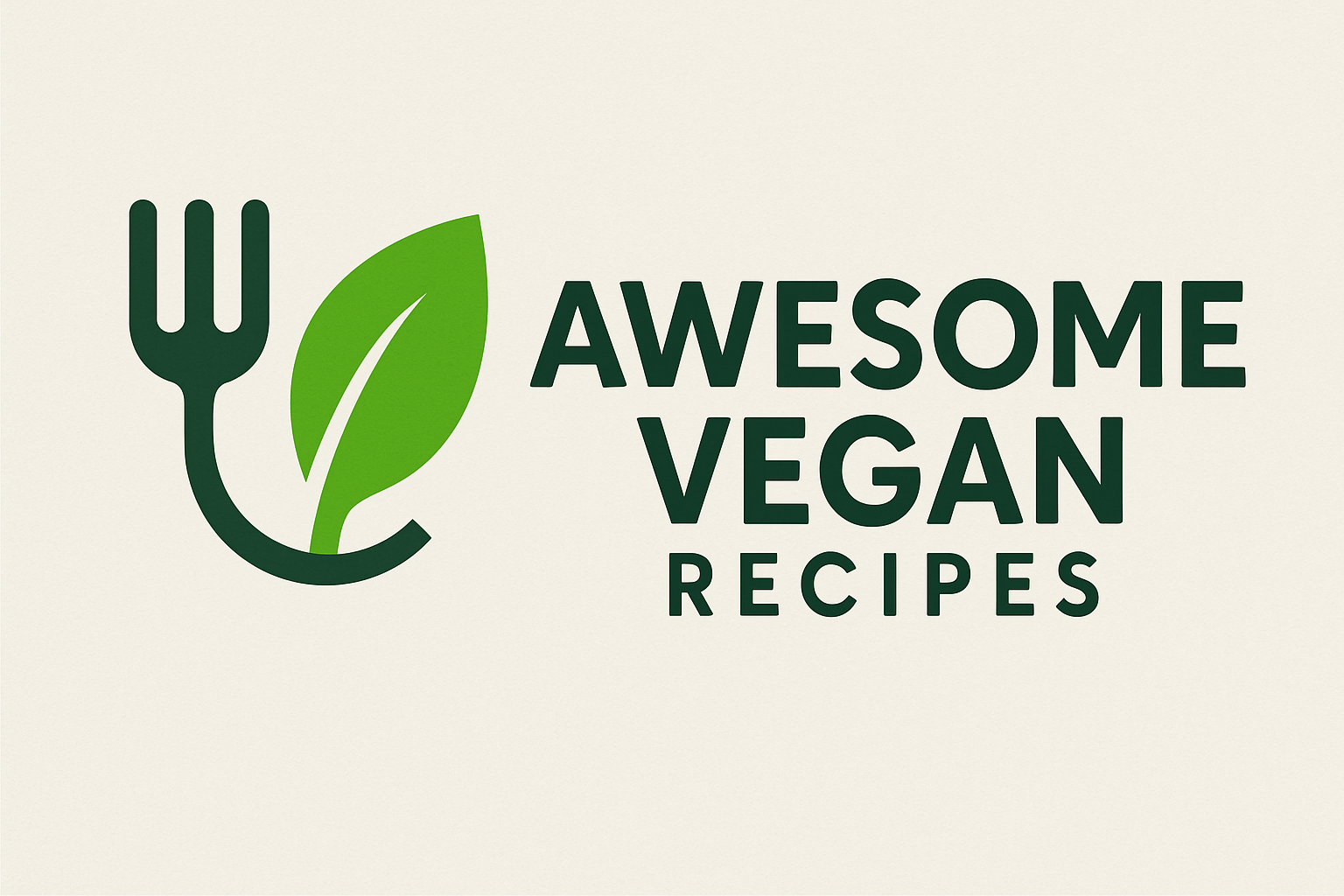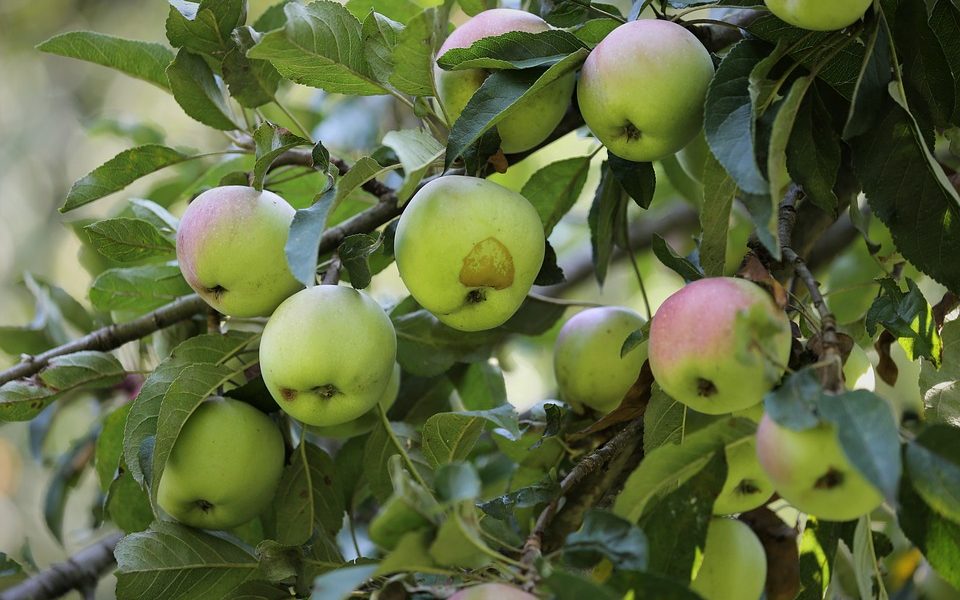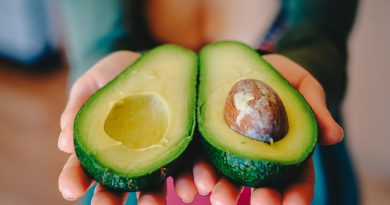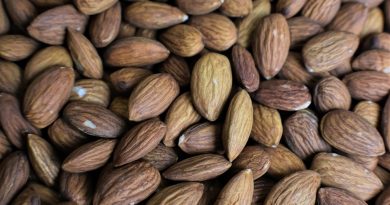The Essential Role of Healthy Fats in a Vegan Diet
The Essential Role of Healthy Fats in a Vegan Diet
As a vegan diet and lifestyle expert, I am often asked about the importance of incorporating healthy fats into a plant-based diet. While many people tend to believe that fats are unhealthy, the reality is that certain fats are essential for maintaining overall health and well-being. In this article, I will delve into the crucial role that healthy fats play in a vegan diet and provide some practical tips on how to incorporate them into your daily meals.
Understanding Healthy Fats
Not all fats are created equal. While saturated and trans fats found in processed foods and animal products can have detrimental effects on our health, unsaturated fats, particularly monounsaturated and polyunsaturated fats, are essential for proper body functioning. These healthy fats provide a source of energy, aid in the absorption of fat-soluble vitamins, and support brain health and hormone production.
Omega-3 and Omega-6 Fatty Acids
Two types of polyunsaturated fats that are particularly important for vegans to include in their diet are omega-3 and omega-6 fatty acids. Omega-3 fatty acids, found in foods such as flaxseeds, chia seeds, walnuts, and algae oil, are crucial for reducing inflammation, supporting heart health, and promoting brain function. Omega-6 fatty acids, found in foods like hemp seeds, pumpkin seeds, and sunflower seeds, are also important for overall health but should be consumed in balance with omega-3s to avoid an imbalance of inflammatory responses in the body.
Tips for Incorporating Healthy Fats into a Vegan Diet
1. Include nuts and seeds in your daily meals: Nuts and seeds are excellent sources of healthy fats, protein, and fiber. Sprinkle them on top of salads, stir them into oatmeal, blend them into smoothies, or enjoy them as a snack on their own.
2. Use avocado as a butter or mayo substitute: Avocado is not only a great source of monounsaturated fats but also adds a creamy texture to dishes. Use mashed avocado as a spread on sandwiches or wraps, or blend it into salad dressings or sauces for a rich and nutritious boost.
3. Cook with plant-based oils: Opt for oils such as olive oil, coconut oil, or avocado oil when cooking or baking. These oils are high in monounsaturated fats and can add flavor and moisture to your dishes.
4. Incorporate plant-based sources of omega-3s: Incorporate foods such as flaxseeds, chia seeds, hemp seeds, and walnuts into your daily meals to ensure you are getting an adequate intake of omega-3 fatty acids.
5. Consider taking a vegan DHA supplement: While algae oil is a good source of omega-3s for vegans, some may find it challenging to consume enough through food alone. In such cases, consider taking a vegan DHA supplement to ensure you are meeting your omega-3 requirements.
The Bottom Line
Healthy fats are an essential component of a balanced vegan diet. By incorporating a variety of sources of monounsaturated and polyunsaturated fats into your daily meals, you can support your overall health and well-being. Remember to focus on whole, plant-based sources of fats and limit processed and fried foods to optimize the benefits of healthy fats in your diet.
In conclusion, incorporating healthy fats into a vegan diet is crucial for supporting overall health and well-being. By understanding the importance of fats, choosing the right sources, and incorporating them into your daily meals, you can ensure that you are meeting your nutritional needs and enjoying a delicious and satisfying plant-based diet.






